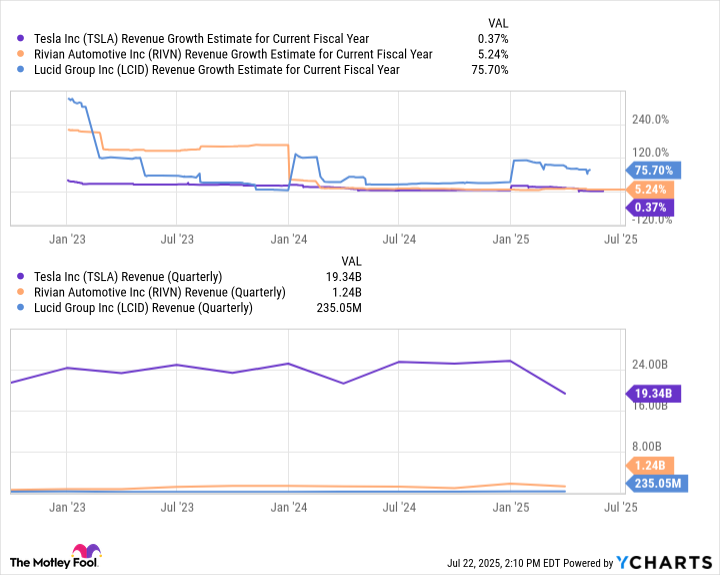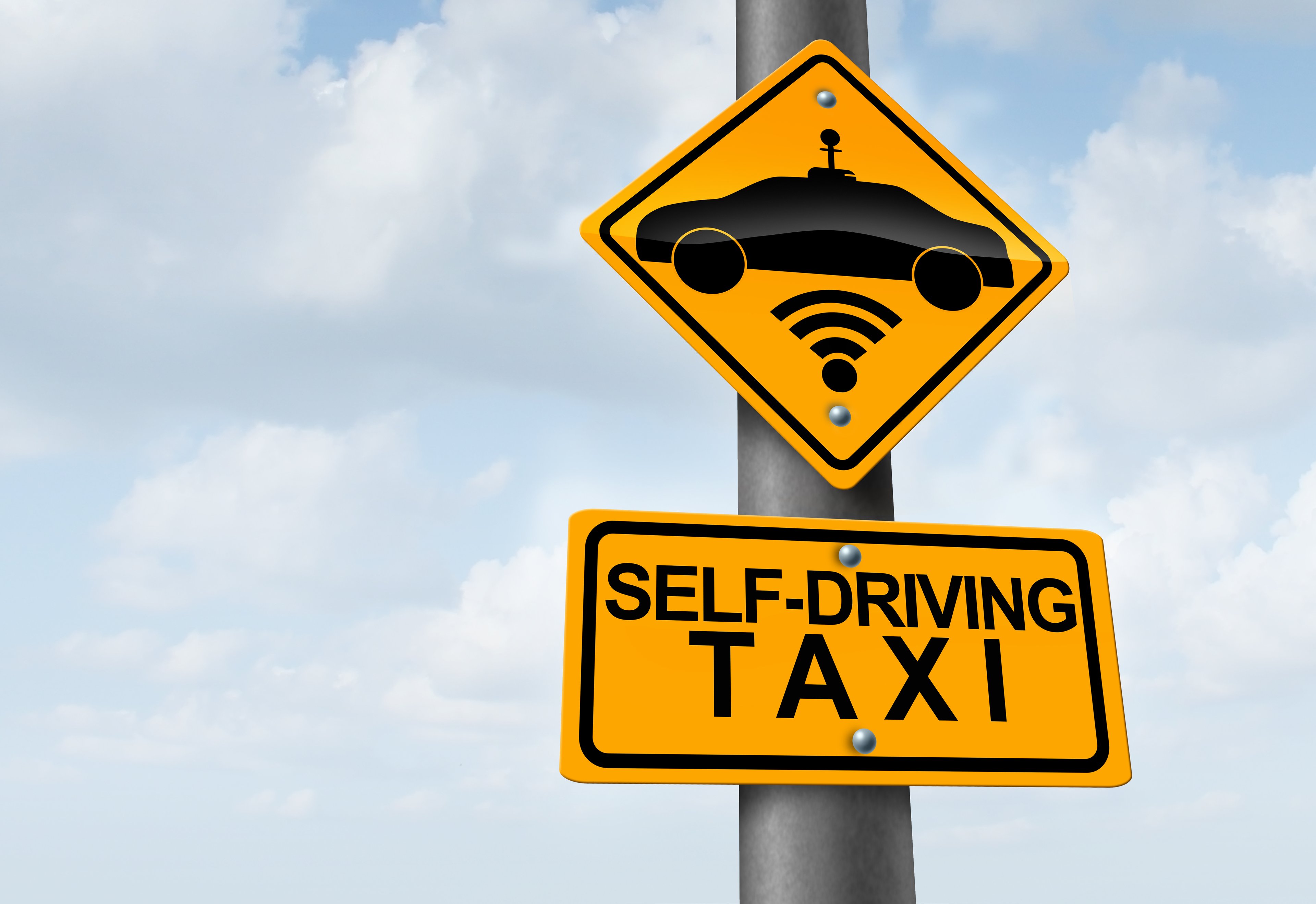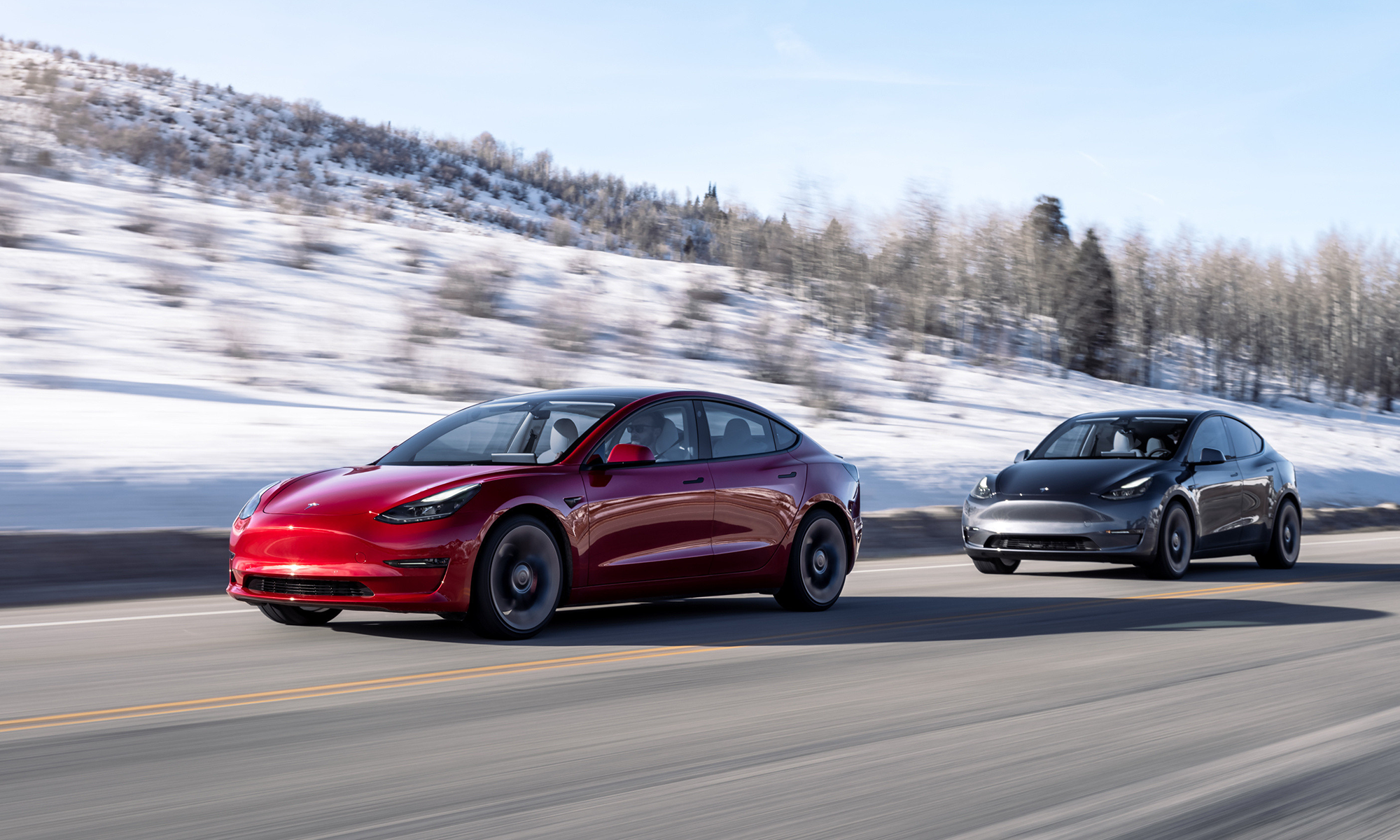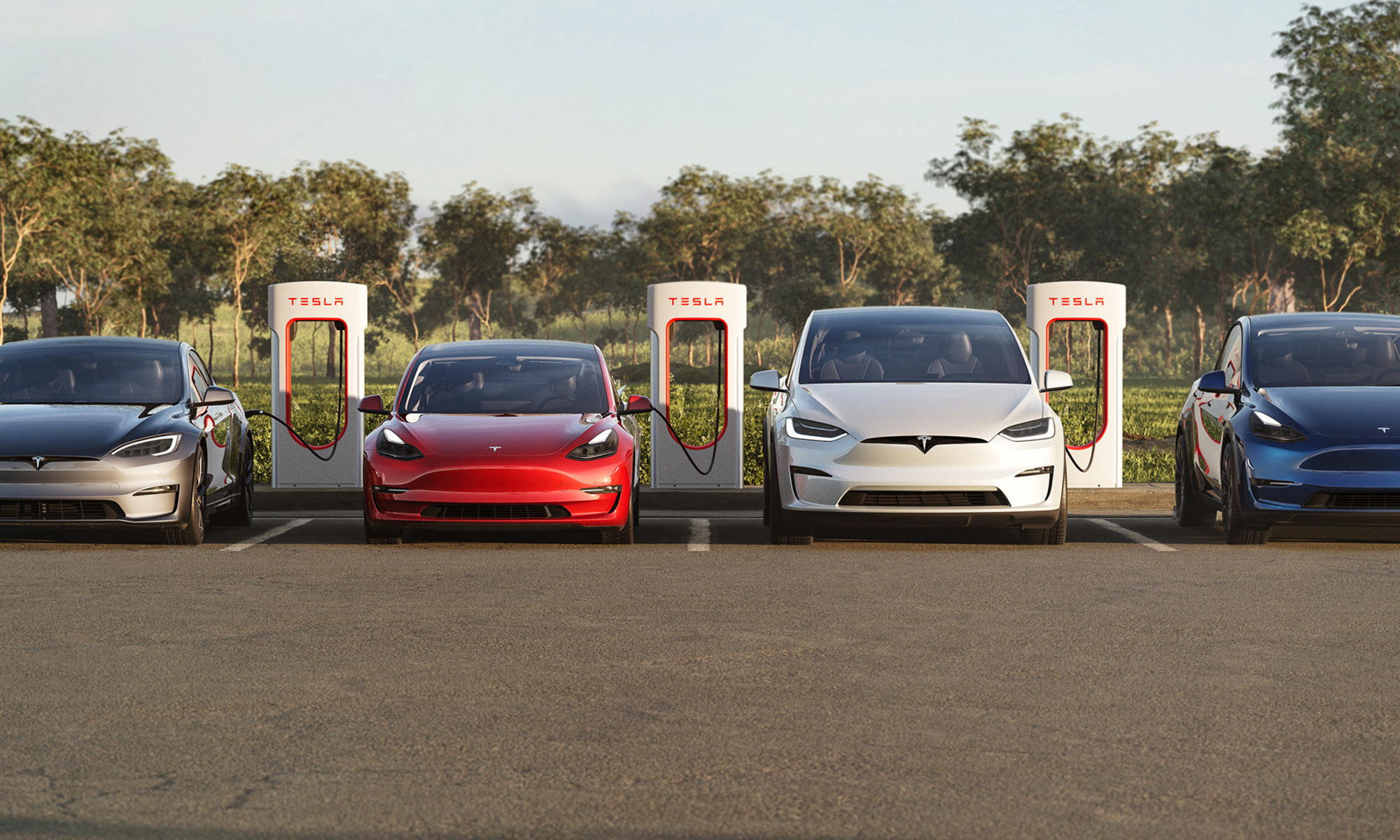The average Wall Street price target for Tesla (TSLA 3.45%) is currently $299.56 per share. That implies a 10% downside potential over the next 12 months. Typically, analysts predict that stock prices will rise in the future. But not Tesla.
What is making analysts so bearish? There's one obvious factor.

NASDAQ: TSLA
Key Data Points
This is bad news for EV stocks
Last year, many electric vehicle (EV) stocks saw their valuations dip due to lower-than-expected sales growth. In 2025, growth rates haven't been much better. In fact, April saw a 4.4% decline in EV sales year over year -- a rare occurrence.
Tesla has taken the brunt of this slowdown in recent quarters. The company generated a lower total revenue last quarter than it did three years ago. Analysts, meanwhile, project stagnating revenue for the year ahead. Competitors like Rivian Automotive (RIVN 0.20%) and Lucid Group (LCID +3.85%), meanwhile, are expected to grow between 5% and 75%.
Data by YCharts.
Despite Wall Street's bearishness, Tesla's market cap is once again above $1 trillion, with shares closing in on new all-time highs. Why the disconnect?
It's important to note that not all analysts are bearish on Tesla stock. Dan Ives, for example, thinks that Tesla's robotaxi division could add $1 trillion in value by the end of 2026. That's a near doubling in Tesla's stock price over the next 18 months.

Image source: Getty Images.
Priced at 12.2 times sales, Tesla stock still has a higher valuation than Rivian or Lucid, which trade at 2.9 and 9.3 times sales, respectively. The only explanation is that the market disagrees with the average Wall Street analyst. Likely, bullish investors remain unfazed by the latest sales slowdown and are instead looking ahead at massive growth opportunities like Tesla's robotaxi launch.
Wall Street looks bearish on Tesla at first glance. And it is -- at least on average. But plenty of analysts and everyday investors remain extremely bullish.








